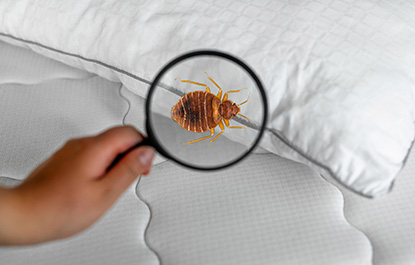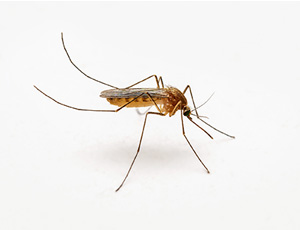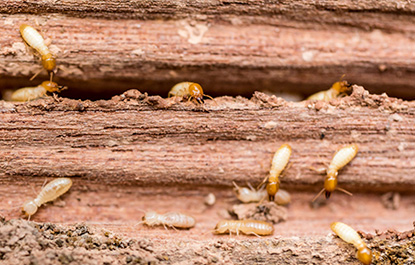Spotted Lanternfly Reduction in New Jersey
Don’t let spotted lanternflies destroy your beautiful trees and plants. Instead, get help from the experts at Simply The Best Pest Control! Our team of pest technicians are ready to handle any infestation you may be facing. Save $100 when you contact us today!
Spotted lanternflies pose a huge threat to the trees on your property. These invasive insects feed on the trunks, branches, and twigs of your trees causing significant damage. If you think you may be facing a spotted lanternfly infestation, call the professionals at Simply The Best right away. Our exterminators are certified to drastically reduce the spotted lanternfly population in your yard, and provide recurring treatments to keep your trees healthy.
When you choose us for Spotted Lanternfly Reduction in New Jersey, you’ll receive:
- A thorough spotted lanternfly inspection.
- Targeted treatments to maximize protection and limit insecticide usage.
- Safe, eco-friendly treatments that get rid of spotted lanternflies while keeping your family safe.
- Recurring services to ensure that these pests are drastically reduced on your property.
What Are Spotted Lanternflies?
Spotted lanternflies are an invasive species from Asia that migrated to the U.S. in 2014. They can reproduce quickly, feed on local plants, trees, crops, and vines, and face no known specific predators. While they are weak flyers, these bugs can travel long distances aboard cars, trains, and trucks.
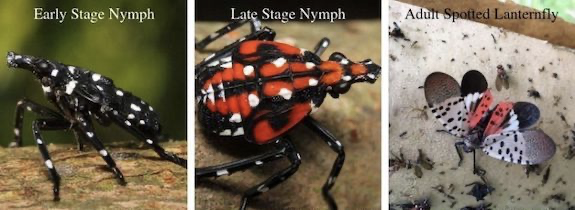
How to Identify Spotted Lanternflies
Spotted lanternflies are easy to identify due to their unique look. If you think you are seeing these pests around your yard, you can identify them by the following characteristics:
- Size: they are typically about 1” long and ½” wide.
- Wings: their front wings are typically gray with black spots, and the back wings are red and black.
- Look: they have black heads and visible forelegs.
Our Clients Say
Take the First Step to a Pest-Free Life, Contact Us Today!
Home Page - "Request a Quote"
Signs of a Spotted Lanternfly Infestation
Aside from their unique look, some common signs may indicate you have a spotted lanternfly infestation. These signs include:
- Oozing or weeping plants with a fermented odor.
- Sooty mold on infested trees or plants.
- The buildup of the sticky fluid, honeydew, underneath affected plants.
If you’re noticing these signs, or you are seeing spotted lanternflies at your home, contact the professionals right away. Save your trees and plants from these pests with our spotted lanternfly reduction services in New Jersey.
What Damage Do Spotted Lanternflies Cause?
While they may be small, these flies can cause a lot of damage. They harm trees by feeding on the sap from stems, leaves, and tree trunks, and are also known to feed on commercial crops. After feeding on the plants, the insect excretes the carbohydrates from the sap into a honeydew-like substance. This sticky honeydew substance helps promote the growth of mold in the infested plants. This mold thus harms the plant.
Targeted Recurring Treatments
When you’re facing a spotted lanternfly infestation, you want reliable, effective solutions that work. At Simply The Best, we provide a five-step treatment plan to ensure your trees are protected, and your lanternfly population is significantly reduced. Once you contact us, one of our technicians will come out and survey your property and measure impacted trees. We then begin your initial treatment that same day.Our spotted lanternfly reduction in New Jersey consists of:
- Initial Treatment – After a thorough inspection, we will spray tree trunks and low limbs up to 12 feet. This will target nymphs (larvae) feeding on foliage and will also kill any adults that are present. We will also spray areas 6 feet out from the trees to prevent crawlers from infesting
- Second Treatment – We will spray a systemic bark treatment that will provide long-lasting protection to the trees that are covered under our program.
- Third and Fourth Treatments – We will spray the base, trunk, and limbs of the trees to provide continued protection.
- Fifth Treatment – We will spray a systemic bark treatment to protect against insects overwintering in the bark of the trees.
Treatments That Protect Your Trees
While treatments are applied every 4-5 weeks, they will help protect your landscape against spotted lanternflies all year round. Our solutions will not harm your trees but will prevent these nuisance pests from infesting and damaging them. This service is offered late spring through fall when trees are actively growing. Our spotted lanternfly service works by treating your trees, which kills the lanternflies when they try to feed on them, dramatically reducing the population of lanternflies on your property. We provide recurring applications for lasting results that are environmentally responsible and do not impact pollinators.
Same-Day and Saturday Services
We know how important it is to deal with a pest infestation quickly and efficiently. That’s why, when you call before noon, we will be out to treat your property the same day! Plus, we offer Saturday service options to accommodate your schedule. When you partner with us for spotted lanternfly reduction in New Jersey, you’ll receive expert help, flexible scheduling, and effective results.

New Jersey Pest Control Service Areas

- Belleville
- Bloomfield
- Caldwell
- Cedar Grove
- Fairfield
- Livingston
- Maplewood
- Montclair
- North Caldwell
- Nutley
- Verona
- West Caldwell

- Alexandria
- Annandale
- Asbury
- Baptistown
- Bethlehem
- Bloomsbury
- Bunnvale
- Califon
- Clinton
- Delaware
- East Amwell
- Flemington
- Frenchtown
- Glen Gardner
- Hampton
- High Bridge
- Holland
- Kingwood
- Lebanon
- Lebanon Township
- Milford
- Mt Pleasant
- Norton
- Oldwick
- Perryville
- Pittstown
- Pottersville
- Quakertown
- Readington
- Ringoes
- Stanton
- Stockton
- Tewksbury
- Three Bridges
- Union Township
- West Amwell
- Whitehouse
- Whitehouse Station

- Boonton
- Brookside
- Budd Lake
- Butler
- Cedar Knolls
- Chatham
- Chester
- Convent Station
- Denville
- Dover
- Drakestown
- East Hanover
- Flanders
- Florham Park
- Greystone Park
- Hanover
- Harding
- Jefferson
- Kinnelon
- Lake Hiawatha
- Landing
- Ledgewood
- Lincoln Park
- Long Hill
- Long Valley
- Madison
- Mendham
- Meyersville
- Millington
- Milton
- Mine Hill
- Montville
- Morris Plains
- Morristown
- Mountain Lakes
- Mt Arlington
- Mt Olive
- Mt Tabor
- Netcong
- New Vernon
- Parsippany
- Pequannock
- Pine Brook
- Pompton Plains
- Randolph
- Riverdale
- Rockaway
- Roxbury
- Stirling
- Succasunna
- Towaco
- Victory Gardens
- Wharton
- Whippany

- Bloomingdale
- Clifton
- Greenwood Lake
- Haledon
- Haskell
- Hawthorne
- Hewitt
- Little Falls
- Mountain View
- Newfoundland
- North Haledon
- Oak Ridge
- Passaic
- Paterson
- Pompton Lakes
- Prospect Park
- Ringwood
- Riverside
- Totowa
- Upper Macopin
- Wanaque
- Wayne
- West Milford
- West Paterson
- Woodland Park

- Basking Ridge
- Bedminster
- Belle Mead
- Bernards
- Bernardsville
- Bound Brook
- Branchburg
- Bridgewater
- Clover Hill
- Dunellen
- East Millstone
- Far Hills
- Frankfort
- Franklin
- Gladstone
- Green Brook
- Green Pond
- Hillsborough
- Jamesburg
- Lamington
- Liberty Corner
- Manville
- Martinsville
- Millstone
- Montgomery
- Neshanic Station
- North Branch
- Peapack
- Piscataway
- Pluckemin
- Raritan
- Rocky Hill
- Skillman
- Somerset
- Somerville
- Warren
- Watchung

- Allamuchy
- Alpha
- Belvidere
- Blairstown
- Columbia
- Frelinghuysen
- Great Meadows
- Greenwich
- Hackettstown
- Hardwick
- Harmony
- Hopatcong
- Hope
- Independence
- Knowlton
- Liberty
- Lopatcong
- Mansfield
- Oxford
- Phillipsburg
- Pohatcong
- Port Murray
- Stewartsville
- Warren
- Washington
Pest Control in Northern & Central NJ
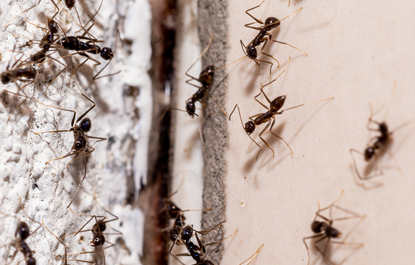
General Pest Control
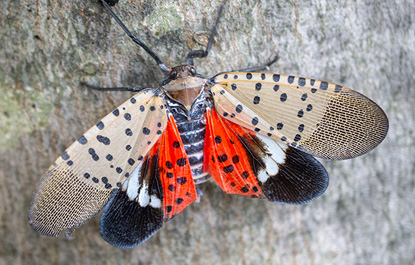
Spotted Lanternfly Treatment
